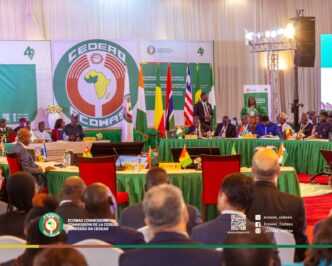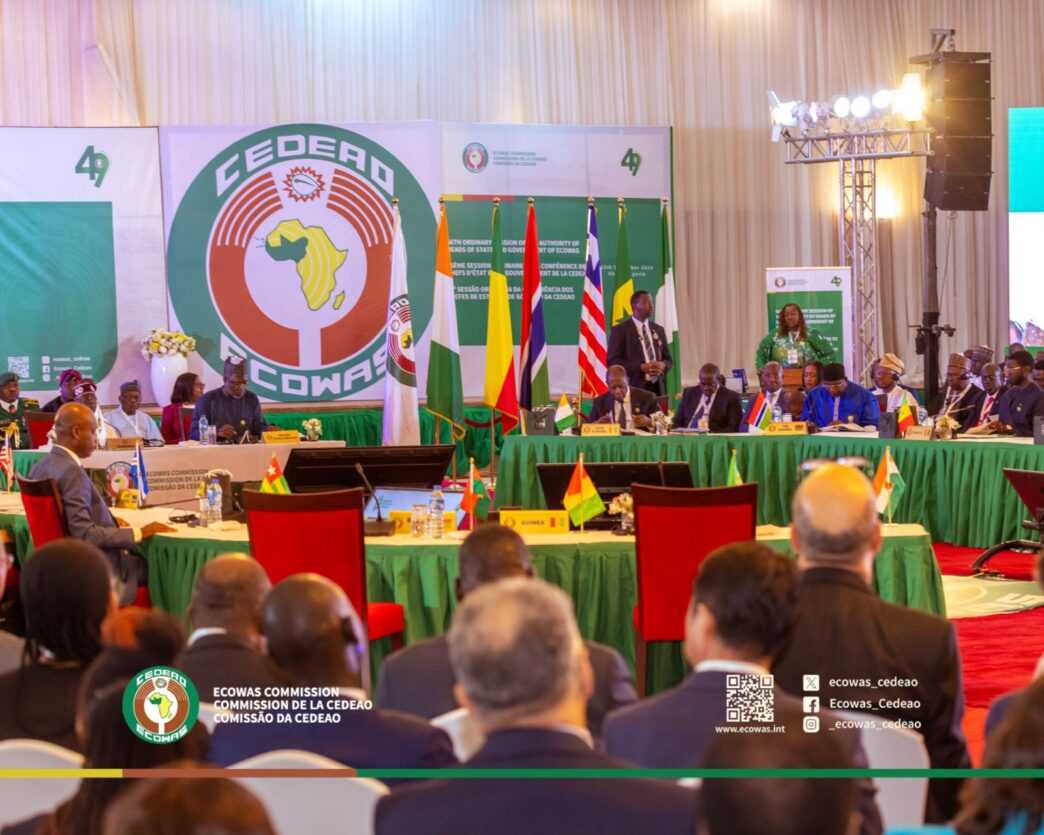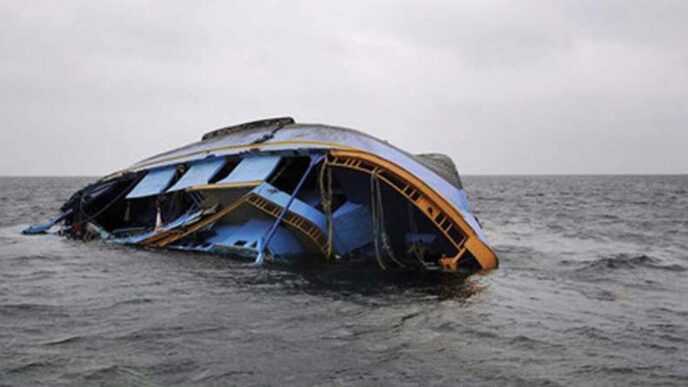ECOWAS Sets Exit Timeline for Coup-Affected Nations
West Africa’s leading regional bloc, ECOWAS, has officially announced an exit timeline for Mali, Burkina Faso, and Niger.
The timeline, running from January 29, 2025, to July 29, 2025, marks the final phase of the countries’ withdrawal following nearly a year of mediation efforts.
Omar Touray, the President of the ECOWAS Commission, expressed his disappointment at the decision. Speaking at the summit’s opening, he said, “This outcome is disheartening, but we will continue to keep the door open for these nations.”
Why Mali, Niger, and Burkina Faso Plan to Leave ECOWAS
The military-led governments of Mali, Niger, and Burkina Faso announced their intent to exit ECOWAS in January 2024. The primary reasons include dissatisfaction with ECOWAS sanctions and the bloc’s perceived inability to address their security challenges.
The departure of these nations represents a historic and unprecedented challenge for the nearly 50-year-old regional bloc.
The Impact of the ECOWAS Exit Timeline on Free Movement
One of ECOWAS’s most significant benefits is the visa-free travel enjoyed by citizens across member states. However, the exit timeline raises uncertainties about this advantage.
Touray noted that withdrawing from agreements, particularly those related to free trade and free movement, comes with substantial risks.
On Saturday, Mali, Niger, and Burkina Faso released a joint statement addressing these concerns. They assured that while their territories would remain open to West African citizens without visas, they reserve the right to deny entry to individuals deemed inadmissible immigrants.
ECOWAS Faces Its Biggest Crisis in 50 Years
The decision by Mali, Niger, and Burkina Faso to leave ECOWAS is the most significant regional challenge in the bloc’s history. Analysts predict that successfully reintegrating these nations will be extremely difficult.
According to Babacar Ndiaye, a senior fellow at the Timbuktu Institute for Peace Studies, the division threatens the stability of ECOWAS’s political authority.
Similarly, Mucahid Durmaz, a senior analyst at Verisk Maplecroft, noted that the bloc’s focus on democratic governance clashes with the current military leadership in the exiting nations.
Durmaz explained, “Allowing these military juntas to retain power could further fragment the region, while acknowledging them as legitimate authorities contradicts ECOWAS’ founding principles.”
ECOWAS Leaders Remain Resolute Despite the Exit Timeline
During the summit, Nigerian President Bola Tinubu, Chairman of ECOWAS, called for unity among member states. He emphasized the importance of protecting citizens and fostering regional prosperity.
“We must remain focused on our core duty: safeguarding our people and creating an environment where they can thrive,” Tinubu said.
Touray also praised the dedication of ECOWAS envoys who worked tirelessly to mediate the crisis. “These initiatives reflect our shared commitment to regional peace and unity,” he stated.
What Lies Ahead for Mali, Niger, and Burkina Faso Post-ECOWAS
With the ECOWAS exit timeline now firmly in place, Mali, Niger, and Burkina Faso are reportedly exploring alternatives. These include developing their own travel documents and establishing a separate alliance to fill the void left by their ECOWAS withdrawal.
While the one-year notice period is set to conclude in July 2025, the political, economic, and social implications for the broader West African region remain uncertain. Observers argue that ECOWAS must act decisively to avoid further fragmentation.
Can ECOWAS Overcome Its Biggest Test?
As the ECOWAS exit timeline for Mali, Burkina Faso, and Niger approaches, the future of regional integration in West Africa hangs in the balance.
Will the bloc find a way to preserve its unity while addressing the grievances of its departing members? Only time will tell.
Read More:














